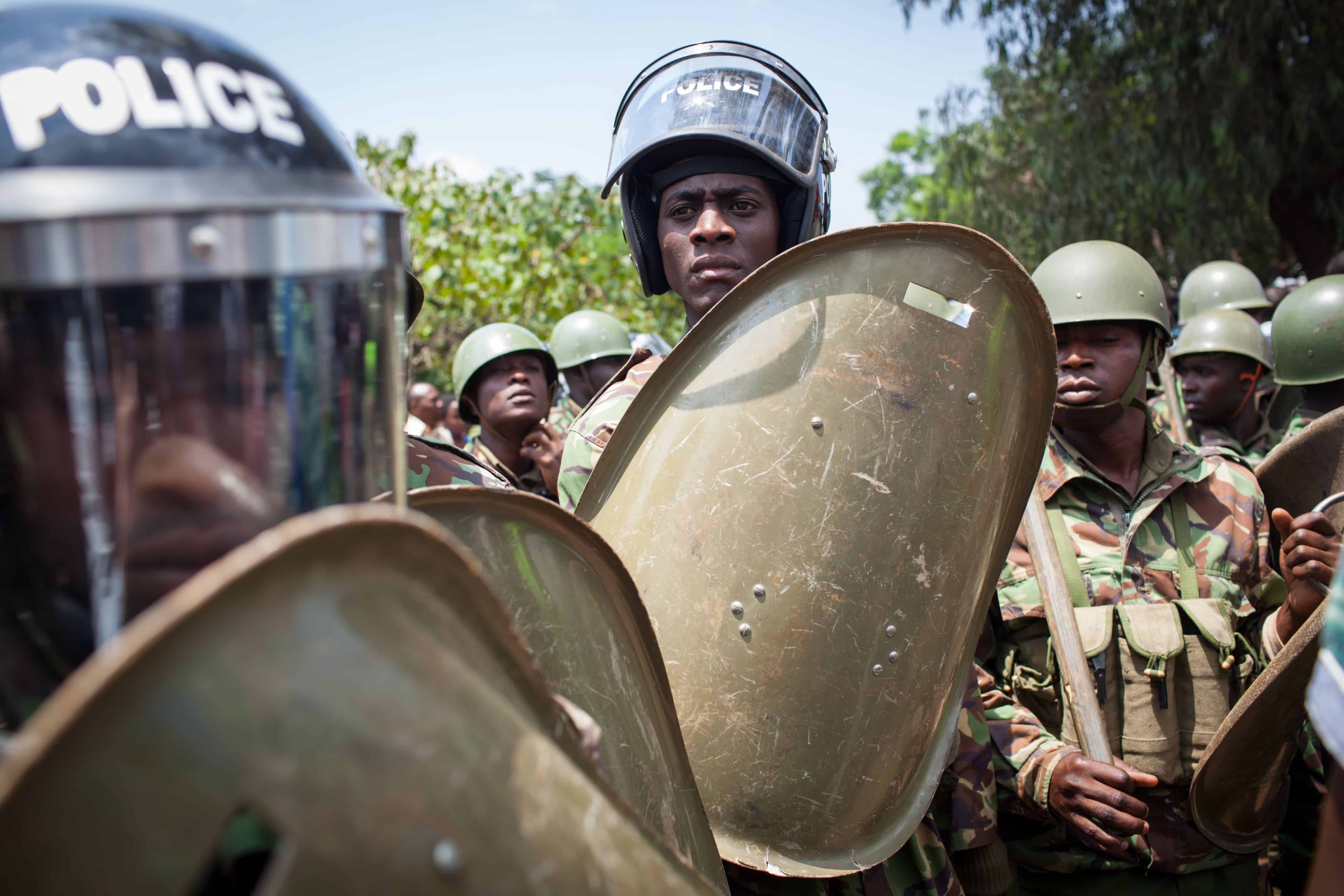The international community, led by Kenya’s national police force, has decided to intervene in Haiti to address the escalating security situation in its capital, Port-au-Prince. This intervention comes as gangs, especially the federations of G9 and G-PEP, have dominated the region post the assassination of President Jovenel Moïse in 2021. The involvement of Kenya, though unexpected, has been framed as a commitment to Pan Africanism. Still, there are concerns about the long-term effects of such interventions due to Haiti’s previous experiences with external forces.
Key Points:
- UN Resolution: The United Nations Security Council authorized a multinational security mission to address the gang-related violence in Haiti, with Kenya’s police force leading the effort.
- Background: Following the assassination of President Jovenel Moïse, gangs such as G9 and G-PEP took control of Port-au-Prince, engaging in drug trafficking, kidnapping, and violence against civilians.
- Intervention Details: Kenya’s police force is set to send 1,000 officers to help train Haiti’s police. Various other countries will also offer support, with a focus on identifying gang structures, funding, and strategies to counteract the increasing gang violence in Haiti.
- Haiti’s Political Landscape: Ariel Henry, who assumed power after Moïse’s assassination, has seen criticism for his handling of the situation. The rise in gang power has further intensified political complexities, with many Haitians questioning Henry’s legitimacy.
- International Involvement: While countries like the US have shown support for the intervention, there has been reluctance from nations such as Canada and Brazil to lead the mission due to past experiences and ongoing commitments.






